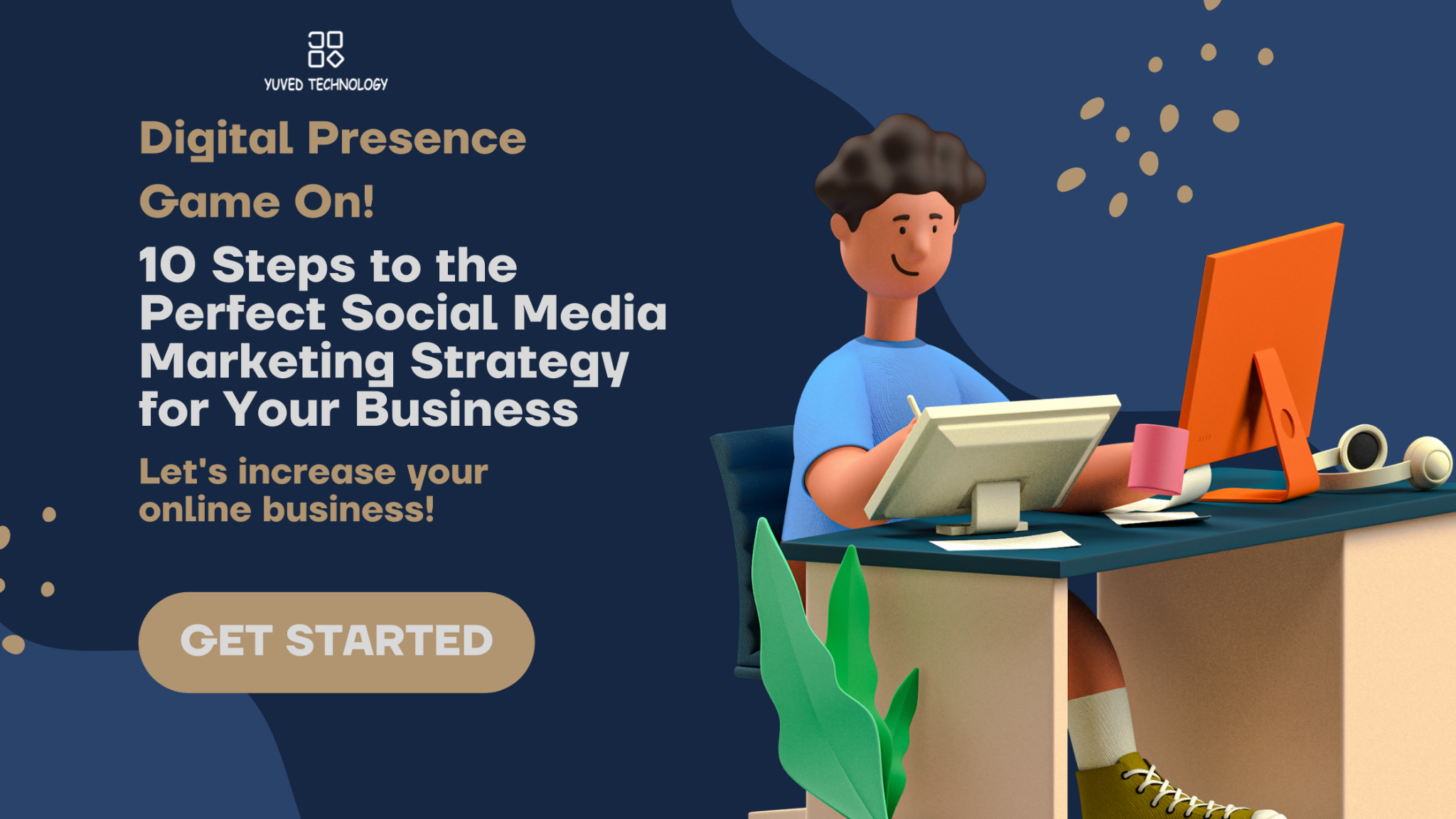Social media provides us with instant connectivity to dozens, hundreds – sometimes thousands – of people at the same time. There’s no more convenient way to keep tabs on everyone in your graduating class short of going to your 20-year class reunion. Who needs to go to the reunion when we have Facebook?
The dangers of social networking
This instant connection and collaboration poses a few dangers, too. If you’re not careful what actions you take online, you could set yourself up for a security breach or even identity theft. You may have heard of stories like the Facebook “I’ve been mugged” scam. Hackers broke into users’ accounts and contacted their friends, claiming to be the account holder and asking for emergency funds as they’d been mugged the night before.
These kinds of scams are easy enough to spot, and most users have learned to recognize when a friend’s account has been hacked. But not all social media hacks are so obvious. More and more, hackers are sending malicious files and codes embedded in seemingly innocent messages from contacts.

Using cross-site scripting (XSS), for instance, hackers can gain access to a user’s account, including personal messages, photos and privacy information – they can even send messages to the victim’s contacts on behalf of the user. While Facebook and other social networks do offer some level of protection to prevent such hacks, these precautions don’t offer total security.
Using social networks safely
There are some steps and precautions you – the user – can take to enhance your personal security while you’re networking with friends on your favorite social sites. Here are six tips to stay protected while networking on social media sites.
- Use strong passwords and change them frequently. Strong passwords include at least one uppercase letter, one lowercase letter, one number and one symbol. Passwords incorporating a combination of these figures are more difficult to guess. Changing your password often – every 30 days or so, or sooner if you think your account has been breached – will provide an added layer of protection. Make sure that you are using unique passwords for each site as well.
- Don’t accept friend requests from people you don’t know. If you use Facebook, you’ve probably gotten at least one random friend request from a person you’ve never heard of. If you visit that user’s profile, you find that they’re brand new to Facebook and have little profile information. Unless you can verify that an unfamiliar person is legitimate, deny these requests.
- Run your anti-virus software. Any time you’re connected to the Internet, you’re exposing your device to potential hacks – even if you’re using a secured Wi-Fi network. If you’re an avid social networker, keep your anti-virus software up and running. Your software can detect malware and other malicious files and remove them before they have a chance to damage your device.
- Use caution when sharing and posting to your networks. You may have seen the games in which users are posting strange combinations of words, which are actually tied to their month, date, and sometimes year of birth. Participating in this is essentially handing an identity thief a critical component of your personal information. You also shouldn’t post any links or images that appear suspicious, or you could be perpetrating the spread of a virus to your friends.
- Be mindful of phishing scams. One of the most common ways for hackers to obtain usernames, passwords and other sensitive information is through the use of phishing scams. A phishing scam is a fake link that directs users to a different site than what was promised, or a pseudo-site designed to look like the original with the goal of key-logging your passwords. These scams commonly appear with enticing hooks, such as “You won’t believe what this girl did…” which prey on the morbid curiosity of users. Even simply clicking the link can provide a path for malware to access your device.
- Maximize your privacy settings. Facebook and other social networks allow users to set their own privacy settings. This prevents certain users from having access to different areas of your profile. Always use the maximum security settings to prevent strangers from obtaining your personal information.
These tips, along with an awareness of the many threats online, will go a long way in maintaining your security. There’s no need to avoid the benefits social networking provides, but use social media wisely.
Author Bio
Fergal Glynn is the Director of Product Marketing at Software of Unknown Pedigree (SOUP) on Veracode.com, an award-winning application security company specializing in cross site scripting solutions and other security breaches with effective risk assessment tools












Add Comment